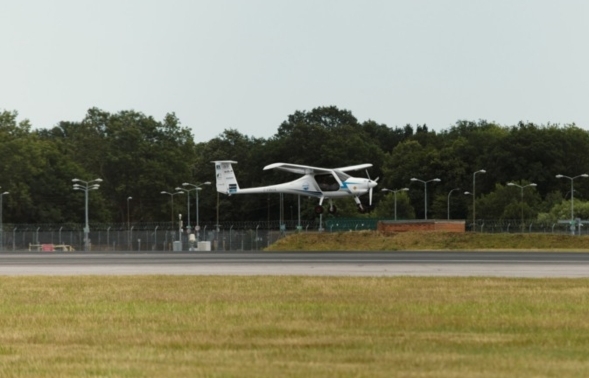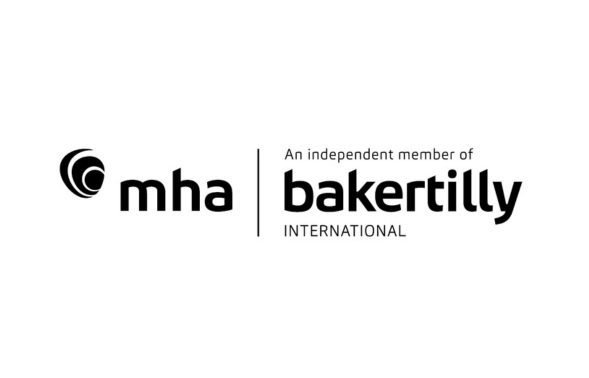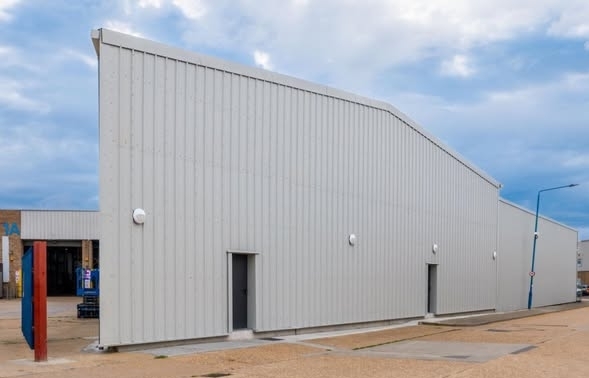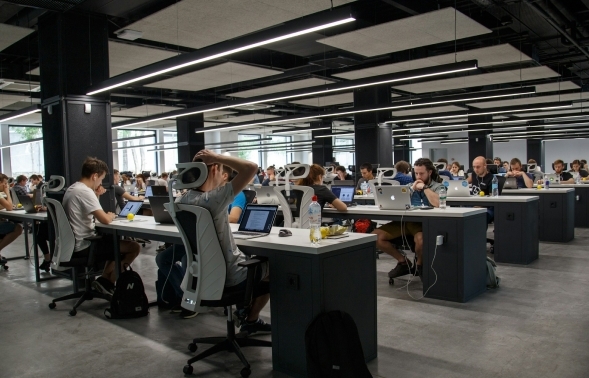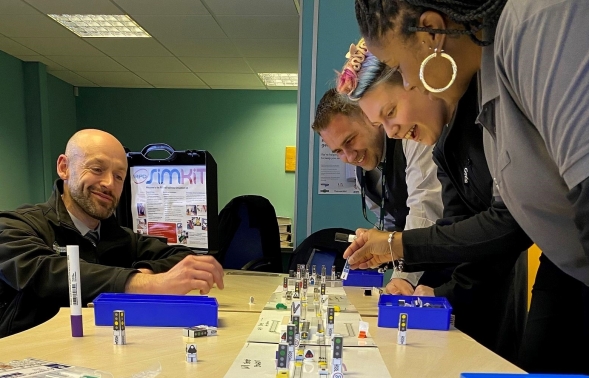SME manufacturers in the UK are more confident around revenue growth, despite Brexit uncertainties, skills shortages and production cost rises. So says this year's MHA Manufacturing & Engineering annual survey report which is supported by Lloyds Bank Commercial Banking.
The findings of this year's survey gathered by Sussex and Gatwick-based chartered accountants, tax and business advisers, MHA Carpenter Box, draw on the national and regional insights from over 450 clients and contacts. It identifies opportunities and concerns facing UK manufacturing and engineering businesses and, despite uncertainties over Brexit, 69% reported that they achieved revenue growth over the last 12 months and 78% remain positive about the future.
Without doubt Brexit uncertainty is a significant barrier to growth and 94% of respondents expect further increase in production costs, which are likely to be passed on to customers. Nationally, 20% of respondents stated that they have lost staff or are at risk of losing staff from the EU because of Brexit, however, in the South East the figure is closer to 30%.
Recruiting appropriately skilled staff is a significant issue for 75% of the survey respondents and this was identified as one of the main barriers to achieving business growth over the next 12 months, a problem compounded by staff losses over Brexit. In spite of this, 57% of respondents expect to increase their staff numbers over the next 12 months and 59% are planning to take on apprentices.
The survey highlighted that manufacturers are starting to understand Industry 4.0 opportunities and are looking to government for more tax breaks to help them to accelerate the necessary investment. Many currently do not fully understand the impact of Industry 4.0, which is the name for the current trend of automation and data exchange in manufacturing technologies which can help create 'smart factories' and bring more automation to manufacturing and engineering processes.
MHA Carpenter Box Partner Chris Coopey, who heads the Manufacturing Group at MHA nationally, commented:"The resilience and optimism of our manufacturers and engineers highlighted by our survey is a massive positive for the UK in this most uncertain of worlds. Despite the challenges they face the sector remains buoyant.
"We know the skills shortage is already being exacerbated by the loss of both skilled and unskilled staff from the EU. Though apprenticeships are becoming more popular, they will not match demand, so we need to make more using less labour by utilising technology. The fact that the principles around Industry 4.0 are beginning to figure in the sector's thinking is therefore very good news. Investment seems to be the key to the conundrum of skills shortages and rising costs."
Mark Burton, Managing Director Lloyds Bank Mid Markets, London and South East, commented:
"Manufacturers across the South coast are exceeding even their own growth forecasts. Uncertainty is affecting the current workforce but the region's businesses are still achieving high turnovers and businesses are in fact keen to take on more staff.
"A central concern for companies is managing their working capital at the moment, with almost a fifth of firms struggling to manage their cash flow. Lloyds Bank is committed to helping firms manage risk and working capital as part of our Helping Britain Prosper commitment."
Philippa Oldham who heads Manufacturing and Transport for the Institution of Mechanical Engineers, will discuss the main findings of this year's report at the Manufacturing Engineering and Technology Alliance (METALL #6) meeting on October 19th at the South Lodge Hotel near Horsham.
For more details and to sign up, visit www.metall.org.uk .
